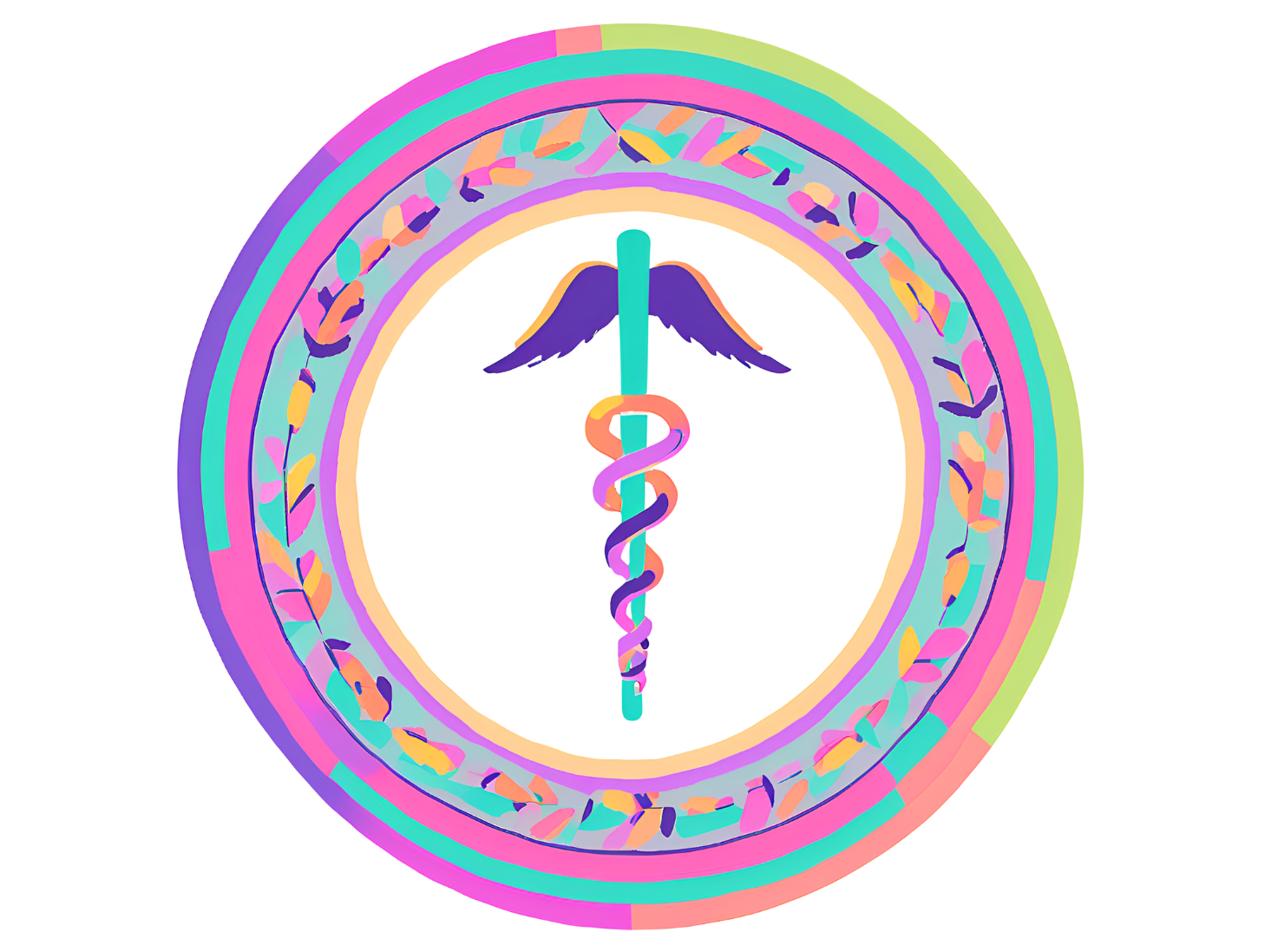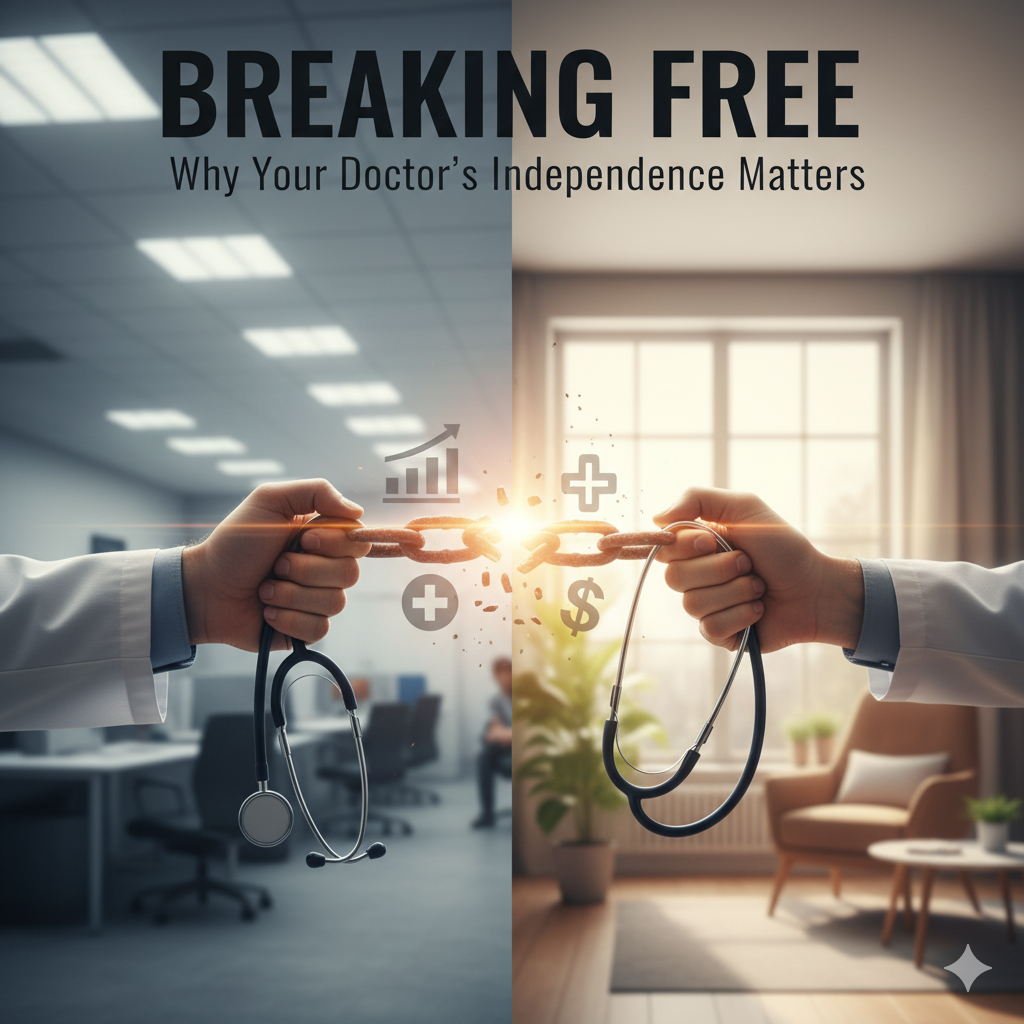Rethinking Hormone Therapy: The Flaws of the WHI Study
Sarah Bahsas • September 4, 2025
Why a 23-Year-Old Study Is Still Limiting Your Choices, and How Modern Research Is Changing Everything.

Twenty-three years ago, the landscape of women's health was dramatically and, as we now know, mistakenly altered. A single study, the Women's Health Initiative (WHI), dropped a bombshell that caused a global panic and scared an entire generation of women away from a safe and effective treatment.
But what was this study, and why do we need to talk about it now?
What Was the Women's Health Initiative (WHI) Study?
The WHI was a massive, taxpayer-funded research project that was, at its core, a cardiology study. Its primary mission was to determine if Hormone Replacement Therapy (HRT) could prevent cardiovascular disease in postmenopausal women. The researchers also looked at the effects of calcium and vitamin D supplements, as well as a dietary modification trial.
The study had three main questions, but the most impactful was whether HRT could be a preventative measure for heart disease. What they found, however, sent a different, more terrifying message.
The "Catastrophic" Findings That Changed Everything
In 2002, the WHI announced its initial findings, and the media response was immediate and catastrophic. Headlines screamed that HRT increased the risk of heart disease, stroke, and breast cancer.
As a result, hormone therapy usage plummeted from a pre-study rate of up to 44% of eligible women down to less than 5%, a number that has stubbornly remained low ever since. The FDA added to the fear, placing a serious "black box" warning on all estrogen-containing products.
But here’s where the story gets twisted. The findings were not what they seemed.
The Contradictions: What They Said vs. What We Know Now
1. The "Statistically Insignificant" Breast Cancer Risk
The finding that caused the most panic—the increased risk of breast cancer—was, according to the study's own data, not statistically significant. This means the observed result could have been due to random chance, not a real effect. It was like buying a single lottery ticket and claiming you "almost" won the jackpot. The conclusion was a significant leap, and yet it was the primary reason a whole arm of the study was halted.
2. Symptoms and Quality of Life
The WHI study famously concluded that HRT did not have a meaningful effect on a woman's quality of life. This conclusion was a result of a major design flaw: the researchers intentionally excluded symptomatic women from the study. They basically proved that women who weren't having symptoms didn't get better.
Today, the medical community has walked back this absurd finding. HRT is now recognized as the most effective treatment
for managing hot flashes and other menopausal symptoms, reducing their frequency by approximately 75% compared to placebo.
3. Heart Health: A Complete 180
The original WHI study was a heart study, and in 2002, it reported a 29% increase in coronary heart disease for women on HRT. However, a 2021 re-analysis of the same WHI data found the complete opposite: women who started HRT less than 10 years after menopause
actually had a 32% reduction
in coronary heart disease.
More recent reviews, like a 2023 Cochrane review, have reinforced this, showing a 48% reduced incidence of heart disease for women who started therapy early. The initial finding was not only wrong, but the truth was the exact opposite.
4. Bones and Brains: The Unsung Benefits
While the media focused on the negative, the WHI's own data quietly confirmed major benefits. The study showed that HRT is highly effective at preventing osteoporotic hip fractures—a serious, and often fatal, risk for postmenopausal women. They also found that women who were on HRT prior to the study had a 50% reduced risk of Alzheimer’s disease.
Why This Matters Today
The fallout from the WHI study has created a climate of fear that has left millions of women to suffer through menopause without the help they deserve. It's a prime example of a flawed study that was misinterpreted by the media and the medical community, causing decades of harm.
If you are a woman struggling with menopausal symptoms, it’s crucial to understand that the information we were given 20 years ago has largely been disproven.
Take Control of Your Health
Navigating menopause shouldn’t be a guessing game. It’s time to get the facts straight and find a treatment plan that’s right for you. Our clinic specializes in helping women understand their hormonal health and finding personalized, evidence-based solutions.
Contact Information: https://www.sarahbahsasdpc.com/contact
Schedule a Consultation
Ready to explore your options? Call or text us to book an appointment (480) 470-9804

Did you know Congress has access to Direct Primary Care (DPC) for just $503 a year? They enjoy services like primary care, lab work, and physical therapy—all without insurance hassles. With fewer patients per doctor, DPC offers more personalized care. The best part? You can get the same benefits! Learn how joining a Direct Primary Care practice can give you quality care at an affordable price, just like Congress enjoys.

In this blog post, we break down the difference between Direct Primary Care (DPC) and traditional health insurance in a way that's easy to understand. Curious about what makes DPC unique? We'll also dive into how it all started and how this simple, patient-focused approach to healthcare is changing the way people access medical care. Whether you're looking for a more affordable option or just want to learn about the future of healthcare, this post gives you the answers you need.
Click to learn how Direct Primary Care might be the solution you're looking for!






